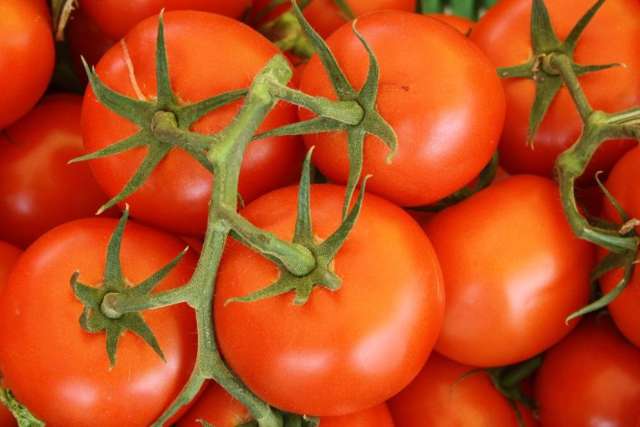Dear Doctors: I was happy when I saw on the news that tomatoes help your gut microbiome. I love tomatoes, but my wife keeps them out of our diet. She says they’re a nightshade plant and thinks they make arthritis worse. I’d like to know more about this new pro-tomato research.
Dear Reader: Tomatoes have a fascinating and somewhat fraught history. The fruit, which many mistakenly call a vegetable, has its origins in South America. Historians say that its use as a food dates back to the ancient Mayans. Tomatoes are a member of the nightshade family of plants, some of which are toxic. This has contributed to caution, and even fear, about eating them. In the United States, from the time tomatoes were introduced in the early 1700s and up until the mid-1800s, they were widely considered to be poisonous.
Today, although an integral part of international cuisine, the tomato debate continues. As you mention in your letter, it is often in the context of rheumatoid arthritis. Specifically, tomatoes and other nightshade vegetables are associated with inflammation, a driving factor in rheumatoid arthritis. This belief arises from the presence of a toxic compound known as solanine, which is found in some plants in the nightshade family, including eggplant, tomatoes and unripe potatoes. But a link to their causing inflammation is not backed up by research. Numerous studies have failed to find evidence that eating nightshade vegetables gives rise to inflammation. Some of the researchers theorize that, while not a direct cause of inflammation, nightshade vegetables may aggravate existing inflammation in some people.

Researchers at Ohio State University decided to investigate their effect on the gut microbiome. They conducted their experiment on pigs, which have genetic and physiological traits similar to humans. One group of piglets ate a diet that was 10% freeze-dried tomato powder. The control group ate the same diet, but without tomatoes. After two weeks, the tomato-eating group had a measurable increase in both the numbers and diversity of beneficial microorganisms in their guts. These are hallmarks of gut health. The control group, which did not eat tomatoes, did not show the same changes. It’s important to note that this was a very small study, and a short one. It suggests a beneficial effect from tomatoes, but it doesn’t prove one.
Bottom line -- each person’s food tolerances are unique. If you feel ill effects from tomatoes in your diet, it’s wise to follow your wife’s lead and cut them out.
(Send your questions to [email protected], or write: Ask the Doctors, c/o UCLA Health Sciences Media Relations, 10960 Wilshire Blvd., Suite 1955, Los Angeles, CA, 90024. Owing to the volume of mail, personal replies cannot be provided.)



